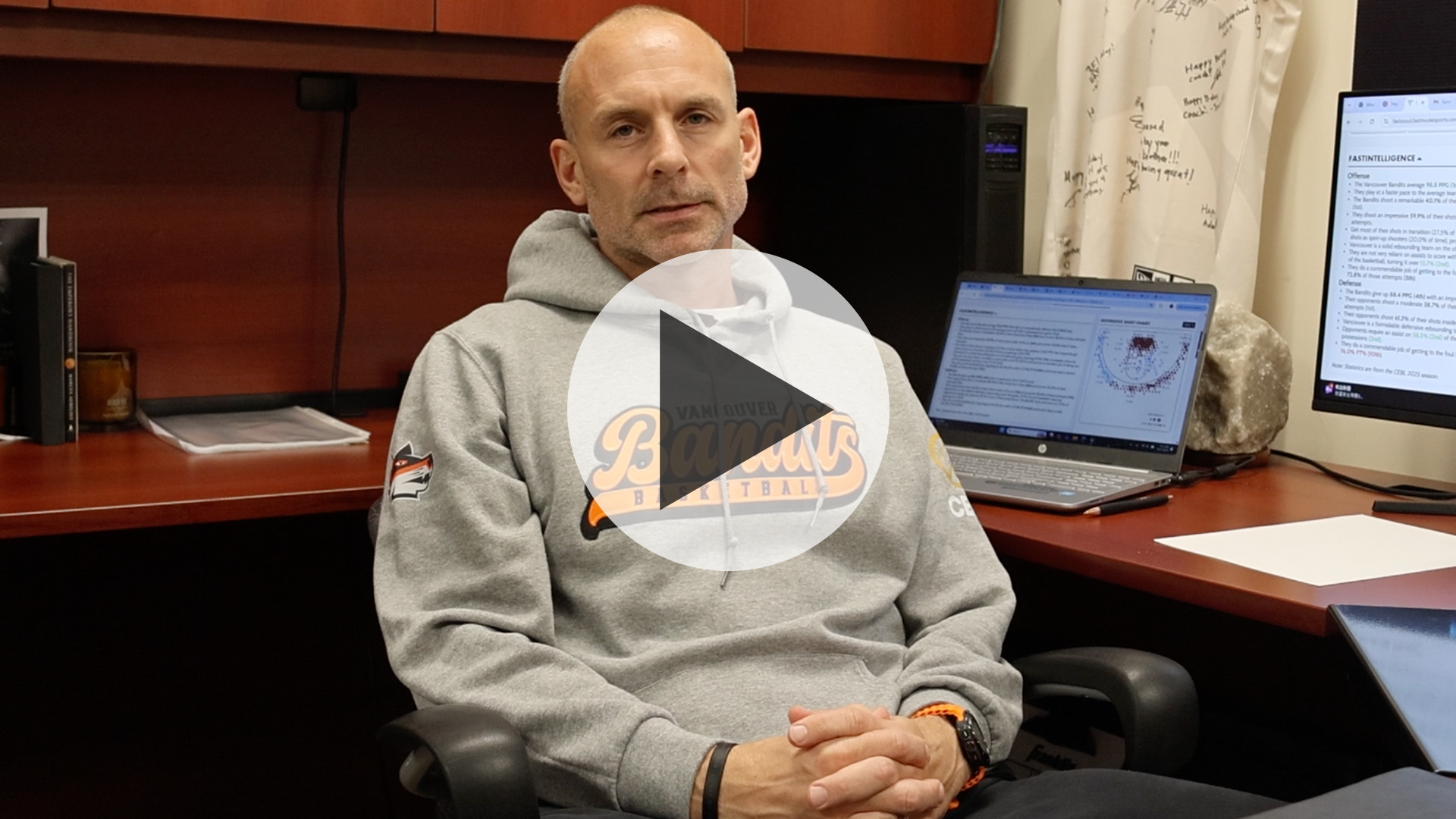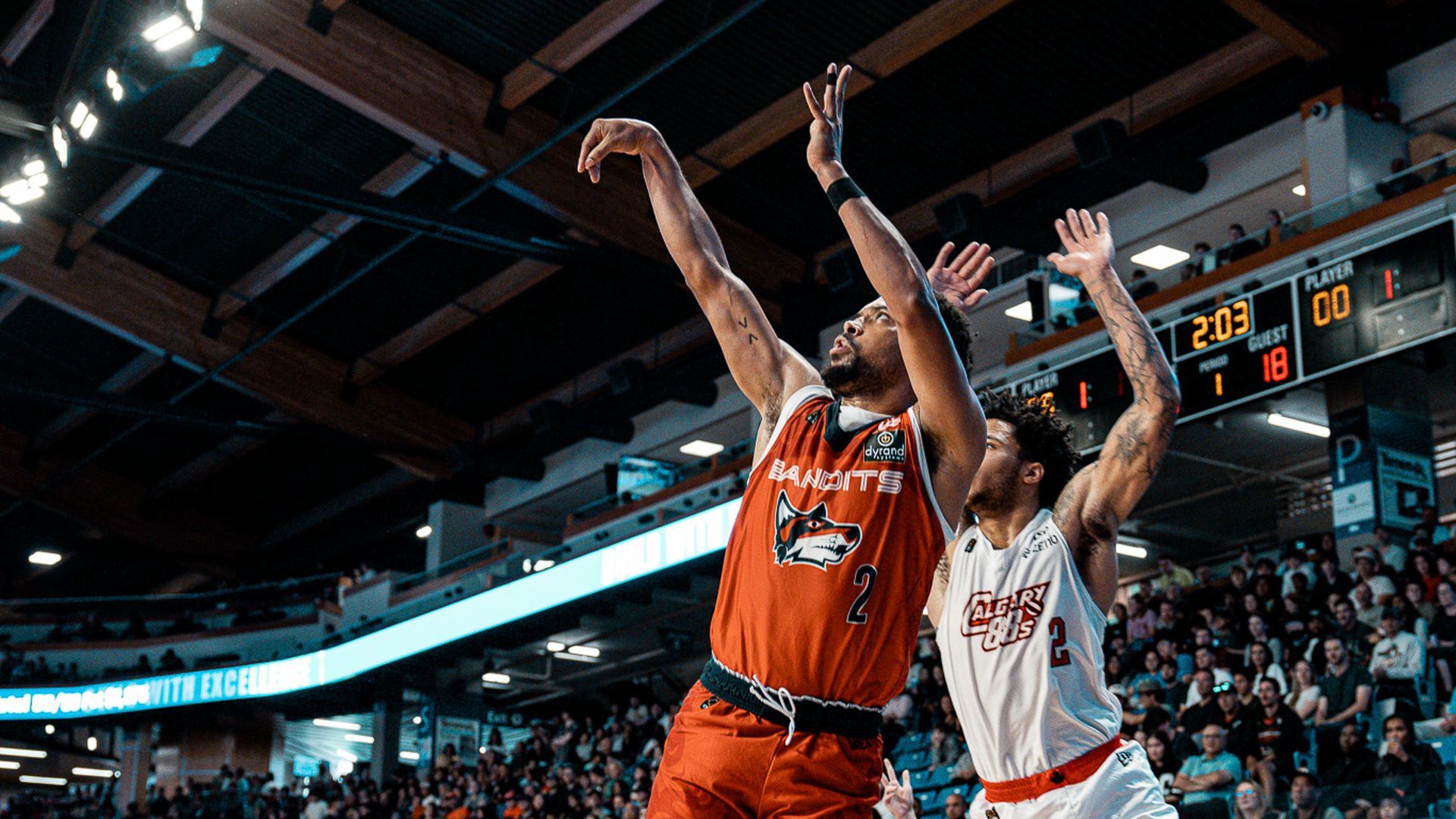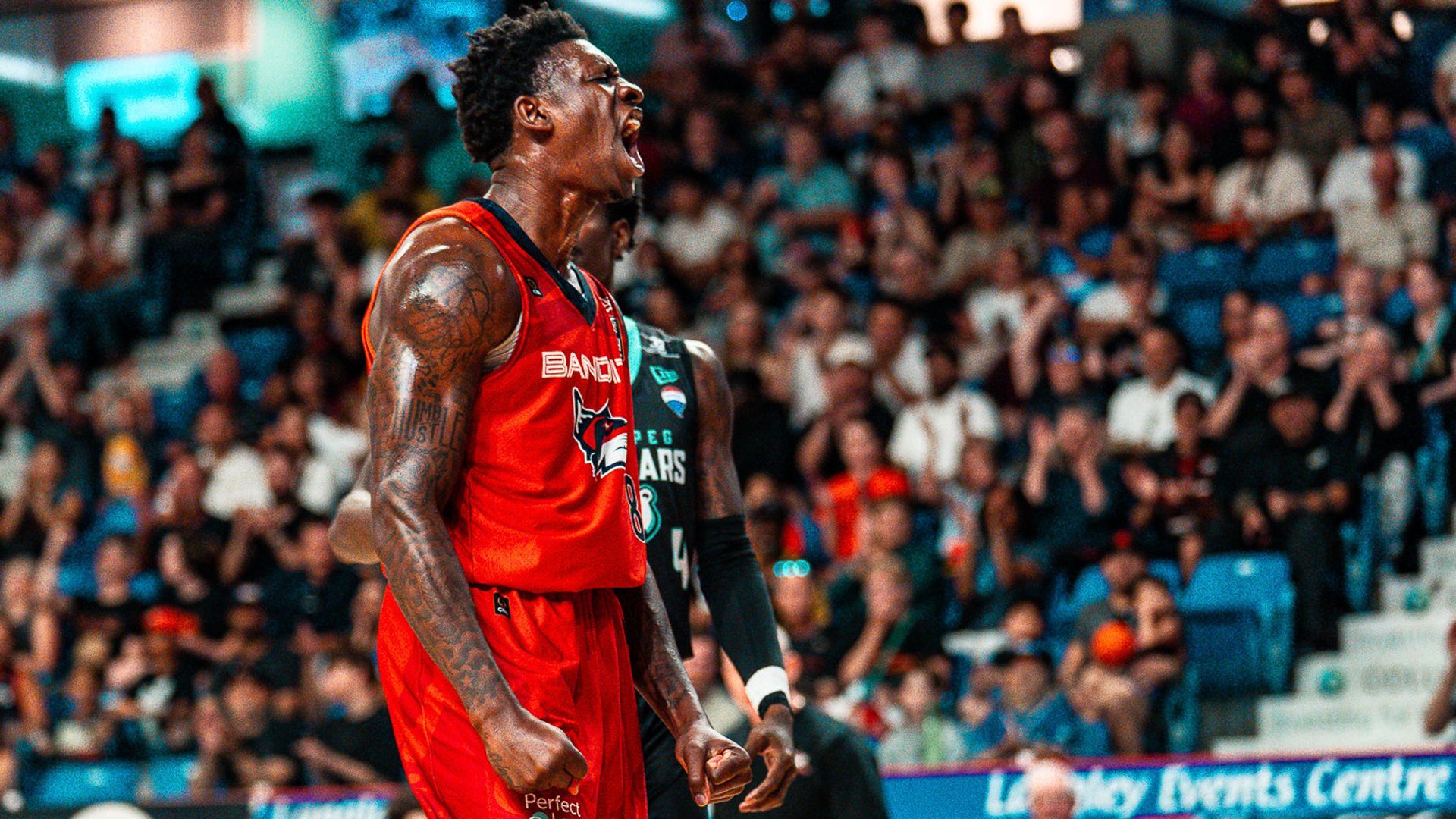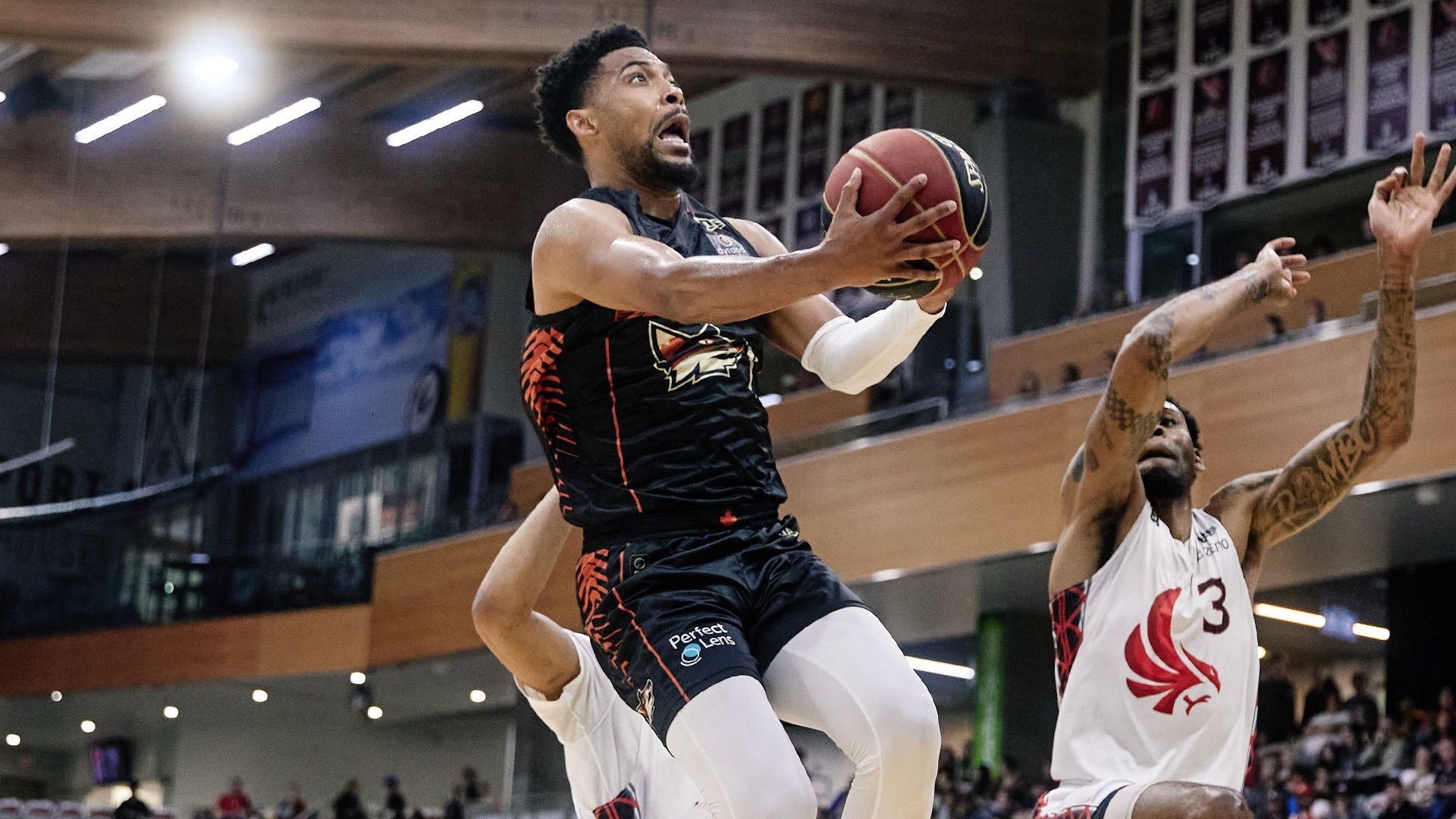The Mindfulness of a Bandit: How Jon Giesbrecht brought mindfulness to Vancouver
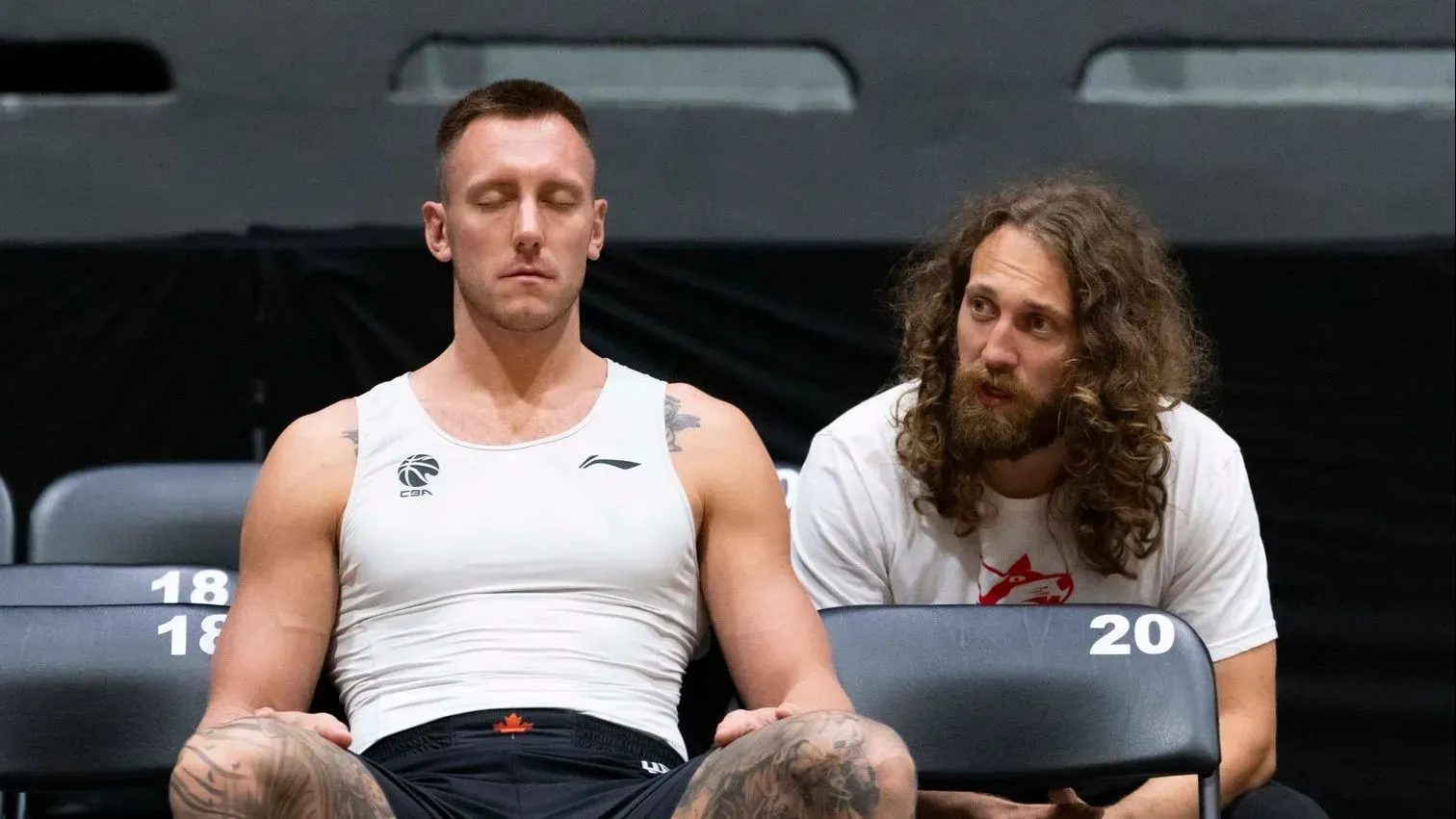
Before graduating high school, Jon Giesbrecht knew his days playing basketball were numbered.
Perhaps like most kids who grew up in the 1990s, Giesbrecht fell in love with basketball because of Michael Jordan. He watched Space Jam and was forever hooked by the sport. There was something about the cartoon characters playing alongside the greatest basketball player of all time that motivated him to pick up a basketball.
“I loved the game and wanted to play as much as I could,” Giesbrecht said.
But halfway through high school, his younger brother, who is about four years younger than Giesbrecht, also started falling for basketball. The two were — and still are — best friends. Yet his younger brother’s team didn’t have a coach, and although their dad briefly occupied the position, he was never interested in the role for the long haul.
“My dad’s not really a basketball guy,” Giesbrecht said. “He’s a competitor, played some sports, but not a basketball guy.”
So as a 15-year-old, still in high school, Giesbrecht stepped in. In those days, Giesbrecht, a former point guard, realized that he enjoyed helping people find their potential more than playing the game himself.
He enjoyed leading drills that tested a player’s ability to think on court, like a point guard. Each practice was a science experiment, he said, where he’d try multiple different strategies to prepare the boys for anything that may happen in a game.
The team started winning. And winning. And winning. Year after year.
Giesbrecht ultimately ended up coaching the boys all the way through their Grade 12 season at John Taylor Collegiate west of Winnipeg, a year where the team went undefeated. Over half of the roster went on to play basketball in university.
The success led him to believe that maybe he could make a living out of coaching.
“A lot of winning early was cool for me because it was like, ‘maybe I’m a good coach?’ Maybe this is something I could do after [high school] and in my future,” Giesbrecht said.
“In the beginning, because we were winning, I’m like, man, it must be me.”
He studied DVDs on basketball philosophy late at night. He followed others like Bob Hurley and attempted to replicate the stoic, steady, and serious tendencies of coaches from previous generations.
He even started picking up an accent from his favourite coaches.
One time at a coaching clinic, Giesbrecht got nervous leading a drill. He started talking in a New Jersey accent, hoping that it would hide his nerves and prove he was an experienced coach like Hurley or Red Auerbach, two coaches from the New Jersey and New York area.
Not someone who was trying to mask his insecurities.
***
Growing up in Winnipeg, there were few things that Giesbrecht enjoyed as much as basketball.
In elementary school, he was a class clown who cracked jokes and enjoyed making people laugh. When he started Grade 4, however, he was diagnosed with a speech impediment. At the time, he didn’t know what it meant, or that he was the only kid in his class to see a speech therapist.
“One of the kids found out I was seeing a speech therapist, and then would make fun of the way I was talking,” Giesbrecht said. “That really made me go inward, where I was extroverted.”
When he turned inward, Giesbrecht started analyzing and judging himself for the impediment.
As he grew up, following the success of his younger brother’s team, he dived headfirst into coaching and set a few goals: coach professionally, coach in the NBA, make a million dollars.
In his late-teens and early-twenties, he started a degree in education at the University of Winnipeg. Rather than making new friends or attending parties, he drove across town to the University of Manitoba — sometimes skipping his own classes — to help coach the school’s varsity team.
“Almost every night, I was this introvert. I would go to my room and study basketball for two or three hours,” said Giesbrecht, adding that he was flunking classes early in university and questioning the importance of getting a degree as he set ambitious coaching goals.
“I was like a sicko, obsessed dude.”
The work eventually led to assistant coaching gigs with the University of Winnipeg and Manitoba, before he was hired as a full-time assistant for the University of Regina’s women’s basketball program in 2019. (Giesbrecht finished an arts degree before receiving the coaching job at the University of Regina.)
The COVID-19 pandemic then erupted during Giesbrecht’s first season in Regina, halting the team’s season and forcing him to reflect on his future as a coach. He also started spending more time with his first girlfriend at the time, who introduced him to yoga and spirituality led by Ram Dass, an American yoga guru and writer that popularized Eastern-styles of spirituality in North America.
Initially, the podcasts helped Giesbrecht take himself less seriously and become a looser coach. But he later started to post clips on Instagram about spirituality and its connection to basketball.
“Instead of watching [coaching] clinics, I’m listening to Ram Dass every day, thinking about basketball and how I can relate this back to the players,” Giesbrecht said.
On a whim, a friend who saw one of his videos invited Giesbrecht to work with his team in Italy, saying he could teach mindfulness — a type of meditation and practice that focuses on being in the moment — to athletes.
Giesbrecht left his job at the University of Regina and flew to Europe. The role only lasted a few months, however, it led him to believe that there was a place for mindfulness in a team’s player development system.
He worked with players pre-game, post-game and privately, reiterating the importance of getting centred mentally before checking into the game and acting as a confidant for someone’s off or on-court struggles.
“I love asking questions and observing,” said Giesbrecht, who has since launched a podcast and online academy, Play Free Basketball, that focuses on mindfulness. “We’d have a lot of one-on-one conversations with guys to help them like, ‘what’s going on?’ ‘Do you have someone you can talk to?’ Do you have someone you can vent to?’”
He just needed to find another program that was willing to test out his philosophies.
***
The best statistical season of Kyle Julius’ playing career came with the help of a sports psychologist.
Julius, now the head coach and general manager of the Vancouver Bandits who was recently extended through 2026, played collegiately for Furman University and the University of Guelph in the late 1990s and early 2000s. In his final season at Guelph he averaged more than 21 points per game, was named a second-team All-Canadian and the school’s male athlete of the year.
He always looked for an edge as a player, and when he transitioned to coaching about a decade ago, he was surprised that more teams didn’t emphasize mental performance.
“It was always important for me to hire someone in the realm of sports psychologist, wellness coach,” said Julius, who joined the Bandits in 2019. He tried addressing mental performance earlier, but didn’t find a right person for the role until meeting and hiring Giesbrecht this year.
Vancouver would go on to have its best season in franchise history, winning 14 games in the regular season and coming within one victory of the CEBL championship.
“He was a massive contributor to our individual and team success this year,” Julius said. “I hope other teams in the league try and find guys like Jon, because at the end of the day, if there’s a bunch of Jon’s in our league, everybody’s going to be playing at a higher level.”
Although more professional sports teams are incorporating sports psychologists on staff, Giesbrecht’s role with the Bandits, mindfulness and player development coach, is one of its kind in the CEBL.
It’s an innovative position for a team that was recently named Franchise of the Year, Community Champion and Digital Excellence award winner at the league’s business awards.
The CEBL regular season is a sprint, with previously 20 and now 24 games per team before the playoffs. Due to the short time, Giesbrecht started working with the team months before the season. He also agreed to sign a confidentiality contract with players, ensuring he wouldn’t leak private information to other coaches on staff.
Throughout his coaching career, Giesbrecht noticed that many teams used buzzwords such as ‘play present’ or ‘be mentally tough’ in scrums to motivate players. But he never saw someone explain to a player how to get mentally tough in a game often filled with lead changes and runs.
“It’s cool to hear that when someone’s mic’d up and you’re listening to NBA on TNT, but what does that actually mean?” He said. “Does that mean anything to the player? Is that meaningful language?”
Giesbrecht worked with every member of the Bandits last season. He took about 80 per cent of players on on-court workouts and practiced things many other teams may overlook like subbing in and out of a game.
When he tells a player who recently subbed out to “gear down,” for example, it’s an instruction to slow their breathing and get out of a fight or flight mentality, a physiological reaction to stressful events. Most routines consisted of players taking a seat, feeling their feet on the floor, sitting tall and taking deep breaths, which releases serotonin and dopamine to combat the adrenaline of being on the floor.
“He’s one of the great people I’ve met,” said Diego Maffia, a former Bandit and current UVic Vike who became fond of a pre-game visualization, breathing and positive affirmation routine with Giesbrecht that he still uses today.
“It opened my eyes that I could control more of my emotions and before-game stress.”
Giesbrecht is already committed to returning to the Bandits next season. Aside from growing his own basketball academy and podcast, he hopes to help more players become mindful of new ways to improve their game. And deliver Vancouver a championship.
“We were one stop away from winning the championship,” Giesbrecht said. “Man, you give us another 20 games, I think we’re so much better.”
In less than one year, Giesbrecht has proven to be an integral part of Vancouver’s coaching staff, Julius said — someone who no longer needs to fake an accent to prove he’s a basketball coach.
“Jon is a huge piece to our coaching staff,” Julius said. “He’s a coach like anyone else.”
LATEST NEWS
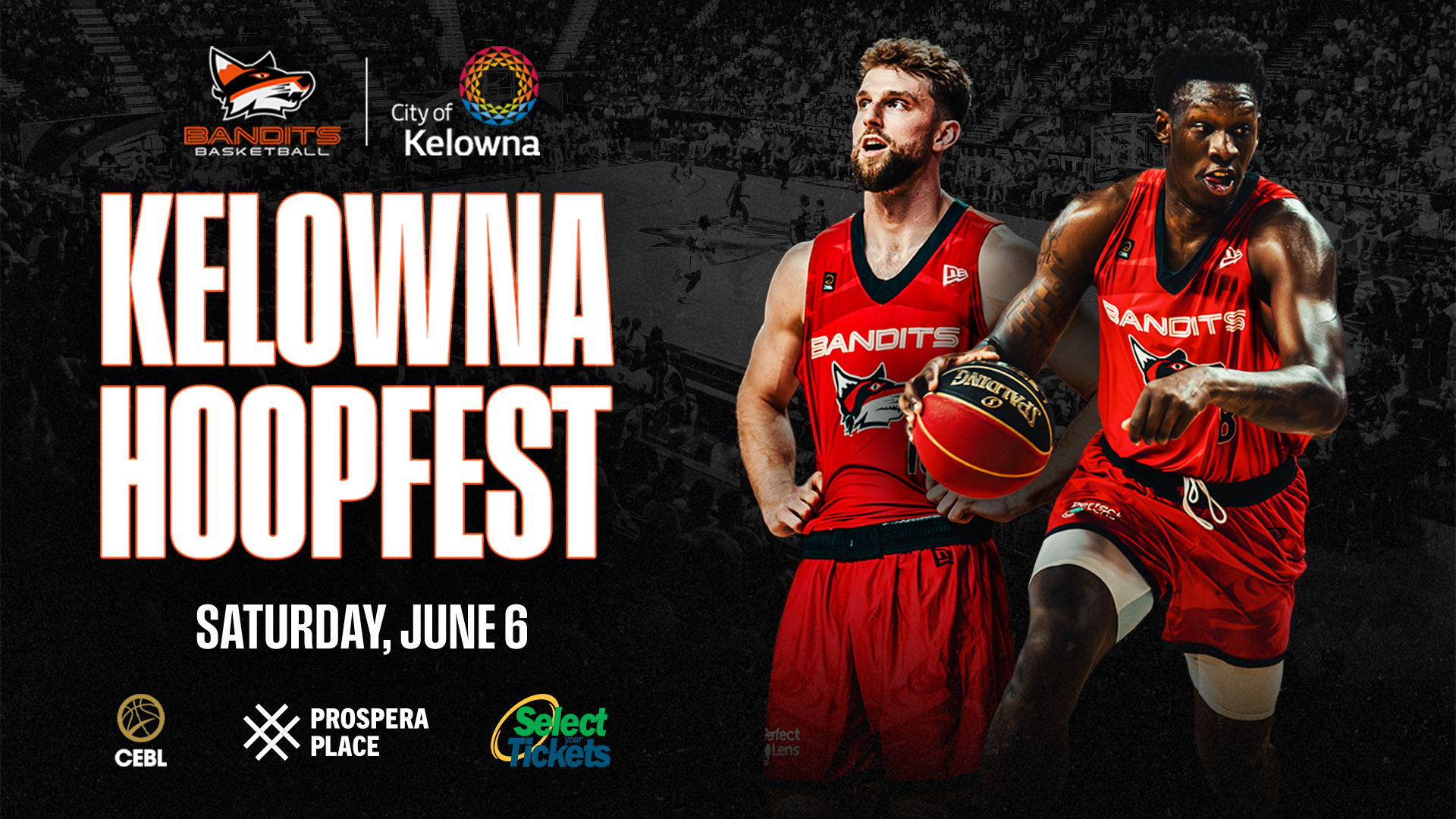
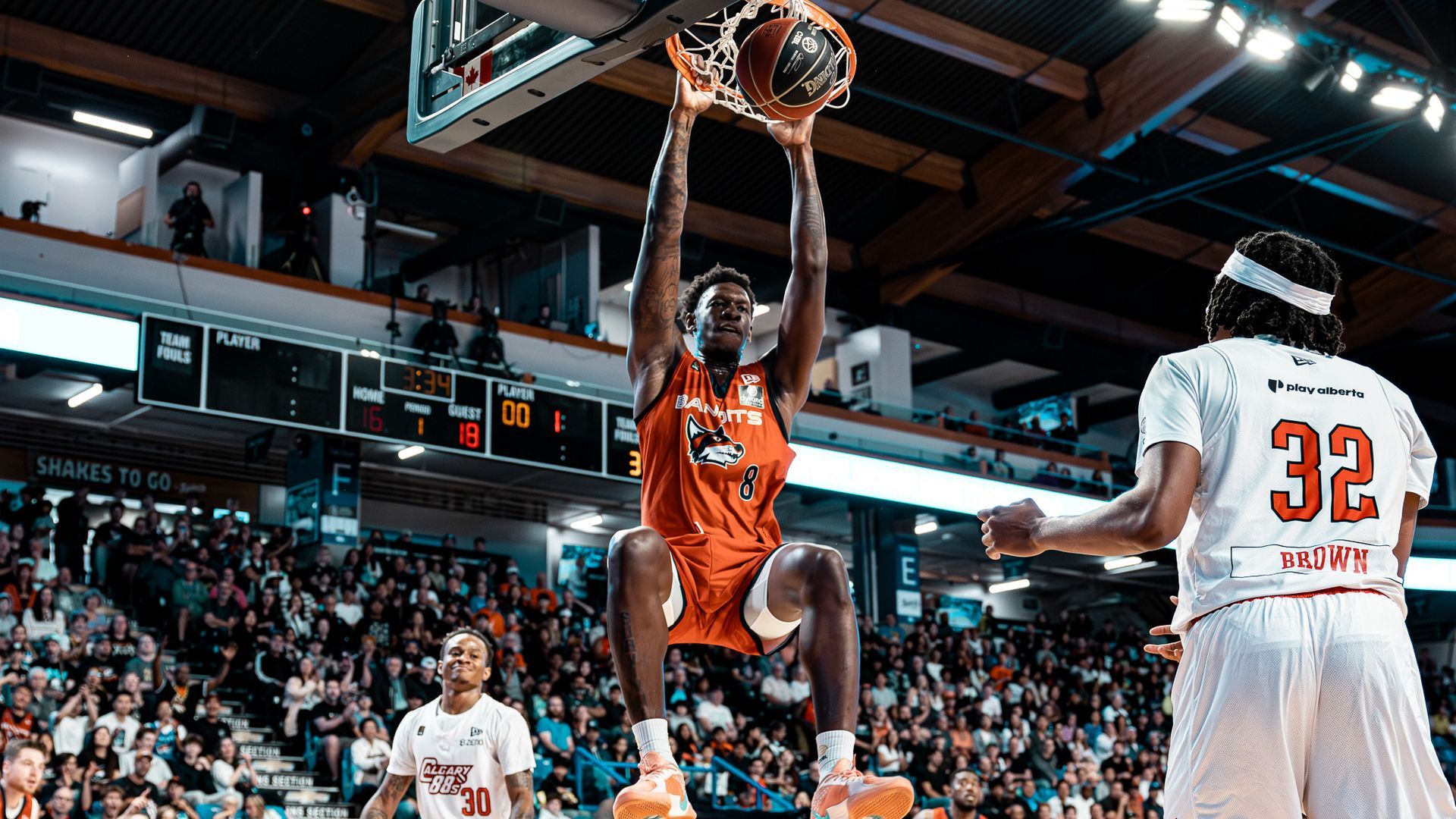
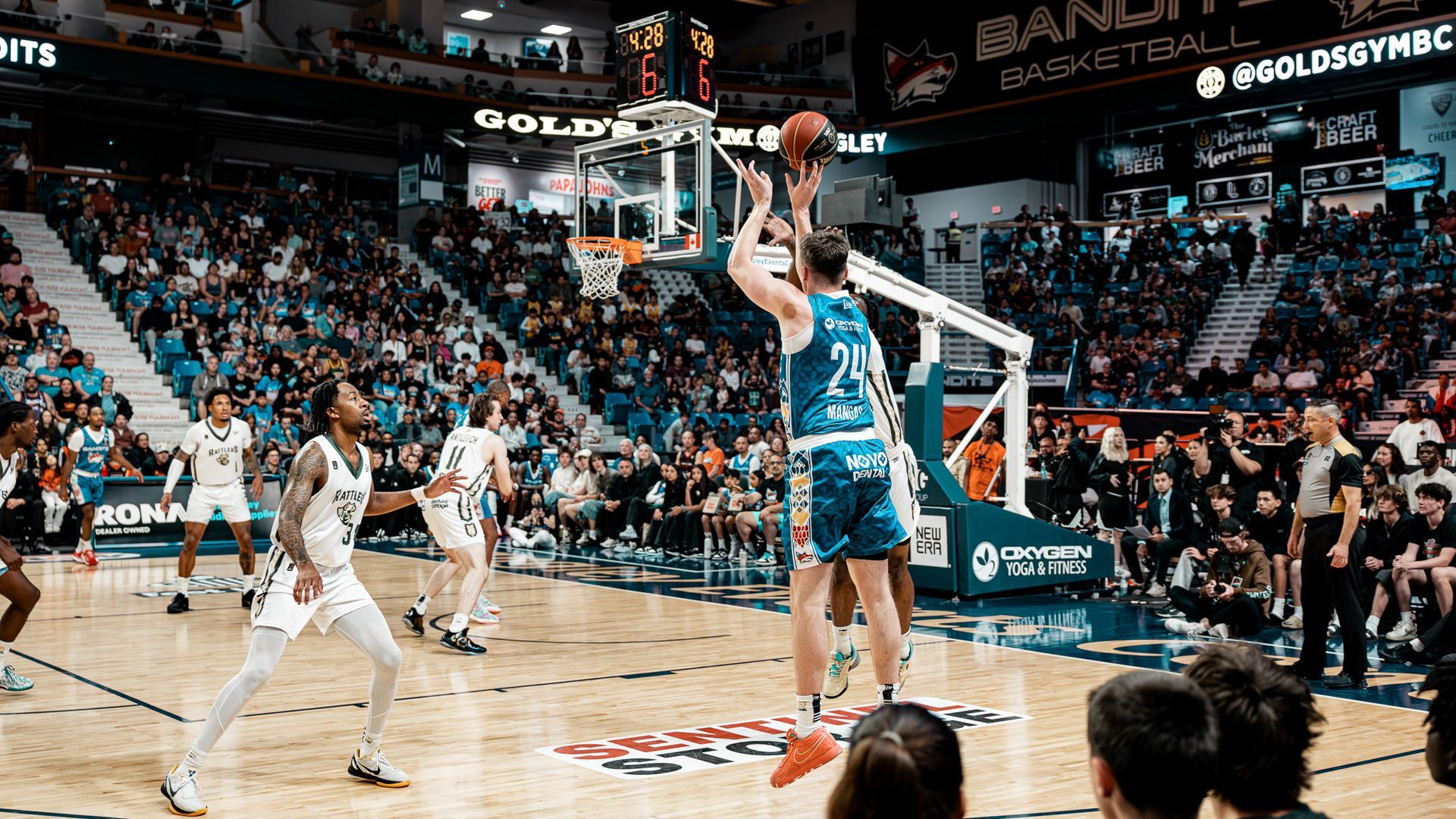
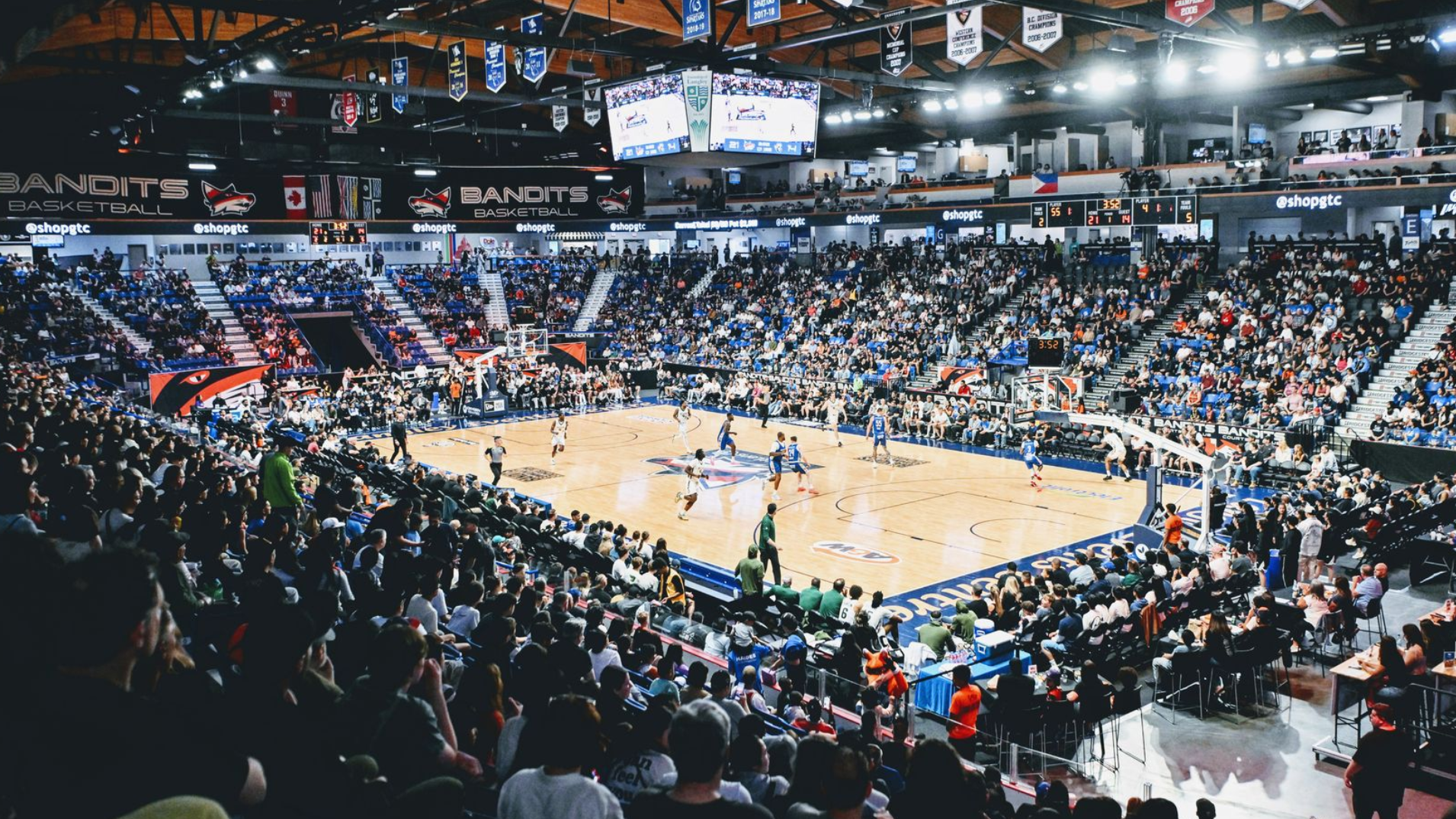
LATEST VIDEO


